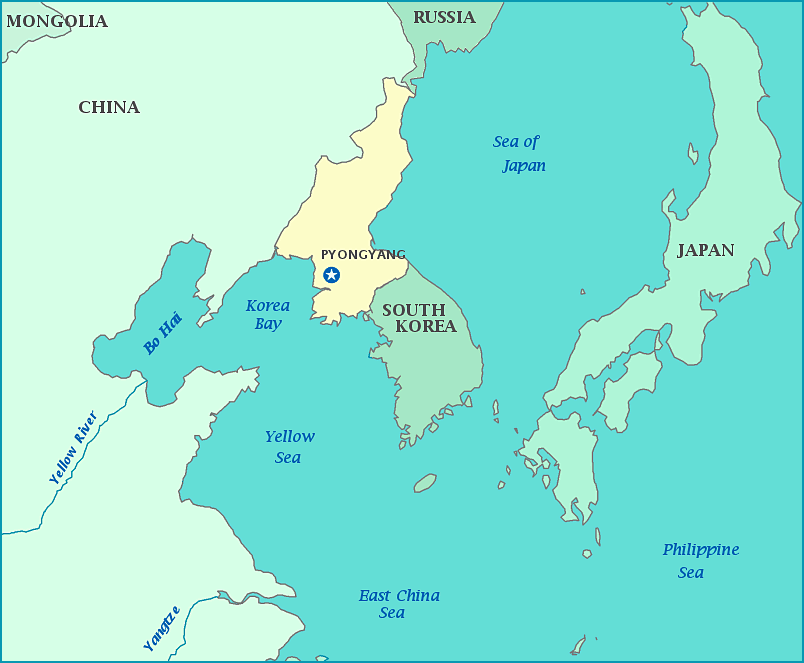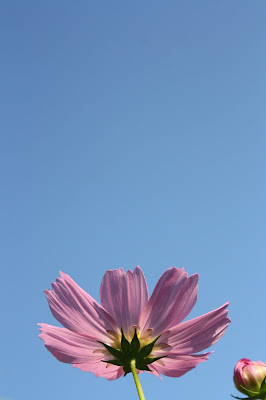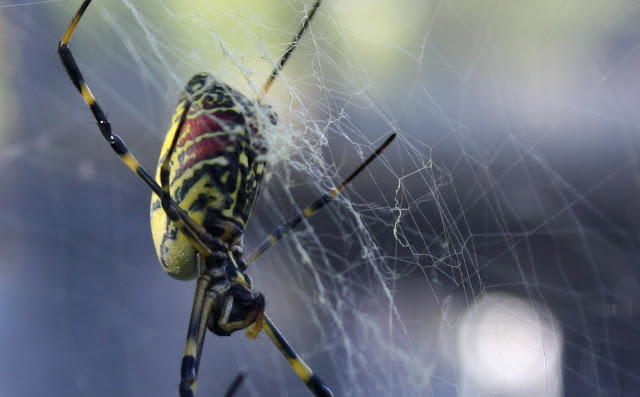I read a daily Korean newspaper (it’s in English) and it’s
been an excellent way to learn about Korean culture/structures/values. It can also be hilarious, at least to an American who cannot understand what these people are thinking. Two recent articles have stood out in this
way.
(1)
Korea-Japan
relations (or, Revenge with Poo).

Korea
and Japan are not good friends, visible through such things as the astonishing
lack of Toyotas or Hondas driven here (it would be like Ohio having no cars
from GM or Ford. Weird). This “frenemy” situation has undoubtedly arisen
because Japan invaded our fair peninsula a few times over the last several
hundred years and made life hell for the locals. Despite the good behavior of Japan since 1950
or so, this historic bitterness is still worthy of current news, whether about now-elderly
“comfort women” (young women who were used for military sexual services in
WWII), what to call the body of water between our nations (the map above is WRONG), or to what extent Korean history textbooks should acknowledge the shady dealings
of Koreans themselves during the 20th century Japanese occupation.
Another
common news item along these lines concerns Japanese officials visiting the Yasukuni Shrine in Tokyo and what that might mean for Korean-Japan relations (because
in Asia, if you can possibly read
into something, you most certainly should). The Yasukuni shrine is believed by many Japanese
people to be the current home of over 2 million souls who gave their lives for the Empire. This includes 1000ish
convicted war criminals and even includes some men convicted of Class A crimes against
humanity. This is a rough crowd of dead people. So, whenever a Japanese prime
minister or other government dignitary visits the shrine, many Koreans read
this as “jabs a chopstick in the eyes of Koreans everywhere.” (See
here
for more on Yasukuni shrine controversy.)
So there's your backstory. In November, someone detonated a bomb at the shrine and a Korean man was suspected (no surprise there). Later articles revealed that the “bomb” was
more like a high-class firecracker. And that
it had been detonated in a men’s bathroom on the shrine’s grounds rather than
at the actual shrine. And that no one (neither
dead nor alive) was actually hurt and virtually no building damage was done. Thus, one might think this was not
necessarily worthy of national news in Korea.
But let me continue. The suspect escaped Japan and returned home to Korea, but then upon learning that his CCTV
photo was splashed all over the Japanese news, he went back to Japan to see what the fuss was about, and got
himself arrested. We are not dealing with a top-of-the-class
mind here, folks.
But it doesn’t end there. Outside a Korean consular office in Japan last
week, workers found a box. With an attached
ominous note signed by a very conservative (read: anti-Korean) group along the
lines of “here’s payback for the shrine bombing.” The local bomb squad was immediately called
and they carefully did bomb-squad stuff, which eventually led to the actual
opening of the box which led to a terrible smell…of poop. It was not a bomb. It was a box of dried poop. (Whether human or animal was not known at
press time.) POOP, people! How a poop delivery fairly retaliates for a smoke bomb is well beyond my ability to understand.
(2)
Military
Commemoration: When Art Misses the Mark.
In
August, two South Korean soldiers doing foot patrol along the demilitarized
zone (our border with North Korea) stepped on land mines, which resulted in three
of their combined 4 legs being violently removed. Of course, suspect
#1 was North Korea, and the two countries were closer to resuming war than they
had been in years (the Korean War was never won or lost, you might remember, which
means the delicate truce gets threatened all the time by things like whose
boats were too close to whose islands and who floated propaganda over whose
border in big balloons).
Anyway. This week's news featured a ceremonial unveiling
of artwork meant to honor these brave-but-amputated soldiers. One can imagine the thought that would go into such an important statement and the careful consideration of design and meaning. The resulting sculpture, commemorating the soldiers' sacrifice and a physical symbol of the ongoing process of reunifying the torn Korean peninsula is (drum
roll here)… a severed leg. A human leg. And,
perhaps even worse in the “You have to be joking" category, this $200,000 bronze sculpture is called… “The Foot of Peace” Really. I would not, could not, make this
up. Just imagine the t-shirts that the soldiers
could sell during DMZ tours: “I got my leg(s) blown off and all I got was a
memorial to peace (piece!) in the form of a severed human leg.” Oh, the photo opportunities this will
provide for generations of Koreans with their selfie-sticks.
 |
| photo credit: http://koreabizwire.com/amputee-sergeant-walks-again-as-a-sculpture/47299 |
Am I too
hard on this little country that came from abject poverty to
fastest-internet-on-the-planet in just 50 years? Perhaps I am.
On the other hand, in a world of terrorism and school shootings and
Donald Trump, it’s kind of nice to live in a land where poop and foot-statues
are important things to report.




















.JPG)

.JPG)




.JPG)

.JPG)






















